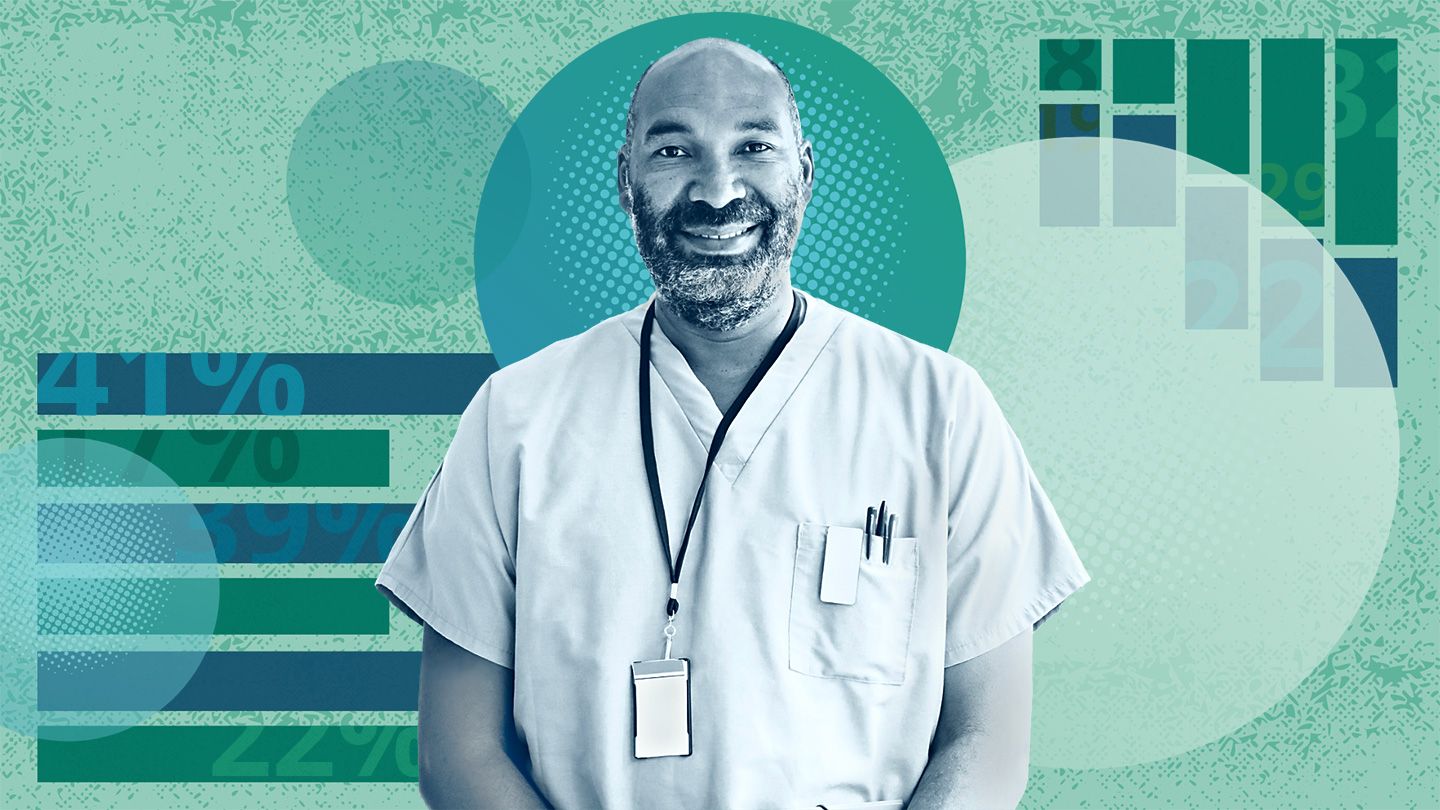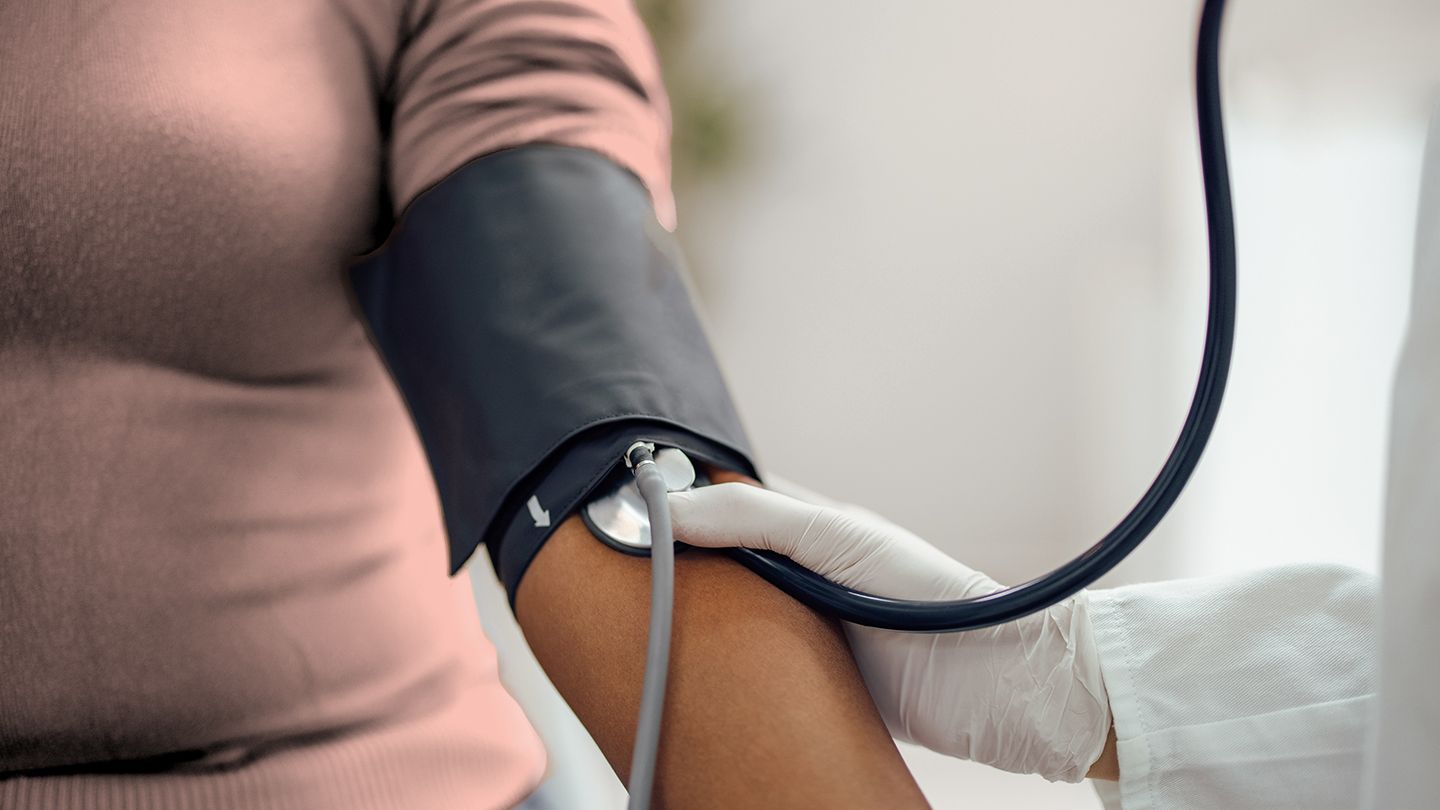High-profile cases of Black people who received poor care only cement these preferences, Harris says. Serena Williams, who struggled to get medical attention for life-threatening complications after giving birth to her daughter, comes to mind for Harris.
“I think about Serena Williams, who has access to the best care but she still had people who didn’t listen to her,” Harris says. “African Americans, no matter their insurance or socioeconomic status, worry about whether doctors will listen to them and whether they will receive the care they need.”
Black Patients Have a Harder Time Finding Doctors Who Look Like Them
The desire to find physicians who relate to their lives is hardly unique to Black people, Harris notes. Many women, for example, prefer an obstetrician-gynecologist who is female.
What is different for Black people and some other patients of color is that they’re underrepresented in the medical profession. Women make up more than half of medical school graduates today, Harris says. But very few graduates are Black, and even fewer are Black men.
Still, there are many ways people can ensure that switching doctors will lead them to a new physician who meets their needs, Harris says.
One good place to start is to ask for recommendations from people you trust, whether it’s a doctor you already know and like or a friend, coworker, or family member, Harris advises. These were the top resources for more than half of people in the survey, far more commonly relied on than going online or searching for local lists of top doctors.
If you have insurance, it’s also helpful to check the website for your insurer to see what primary care physicians or specialists nearby are part of your network, Harris says.
Finding a Good Fit
Don’t just trust the internet, though. The U.S. Department of Health and Human Services (HHS) recommends calling the doctor’s office to make sure they accept your health plan. This call is also a good time to ask a lot of other questions that may help you decide whether the physician is a good fit, HHS suggests.
These include checking what hospital the doctor uses, who will see you if your doctor isn’t there, whether the doctor treats your specific medical conditions, and whether the doctor speaks your preferred language. You may also want to ask about the cancellation policy, how long it takes to get appointments, how long checkups typically last, and whether the doctor can run lab work or X-rays in the office, HHS suggests.
During that first visit, think about how the doctor and office staff make you feel, HHS advises. If the doctor doesn’t make you feel comfortable, show respect for what you have to say, know your medical history, and spend enough time with you, then they might not be the one for you.
It will be easier to tell if the doctor is a good fit if you come to your first checkup with a list of three or four things that are most important to you when it comes to your care, Harris advises. If you don’t have paid time off from work, you might need evening or weekend appointments. Or if you want to avoid traveling to the doctor, telemedicine might be important to you. Other things, like wheelchair access or accommodations for speaking another language, might also matter to you.
“It’s become even more evident that it is important to patients to believe they’re going to get good-quality care and be heard and respected,” Harris says. “People are often willing to keep searching for a doctor until they find what they’re looking for.”
The Businsiders–Castle Connolly Physician-Consumer Parallel Survey was conducted in December 2022 across two audiences: a research panel of 1,001 consumers and 277 Castle Connolly healthcare professionals.




